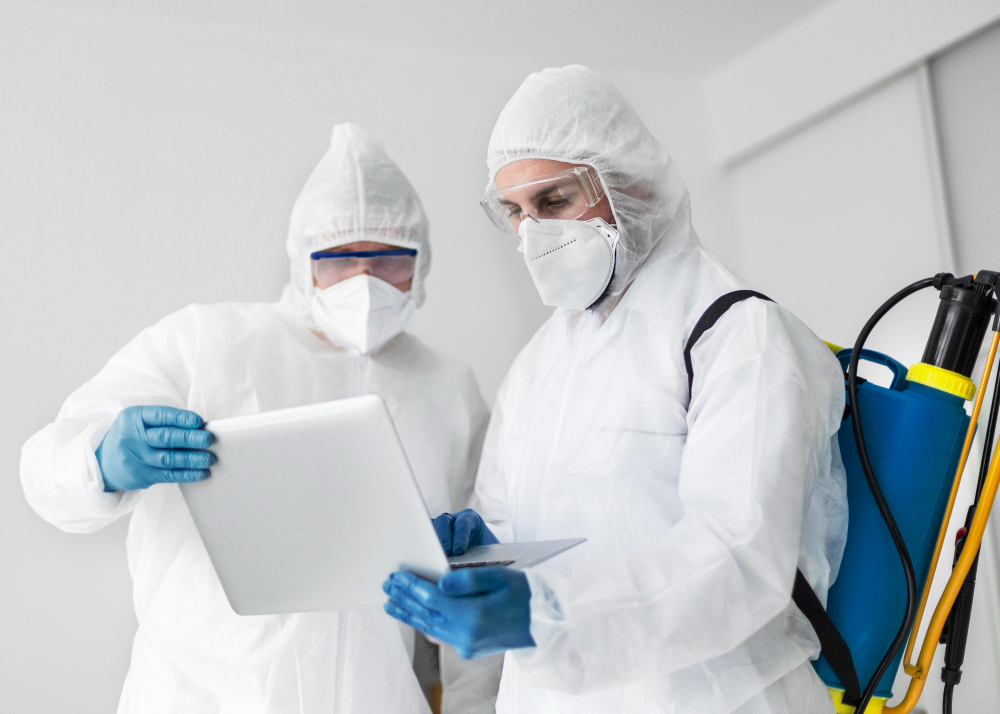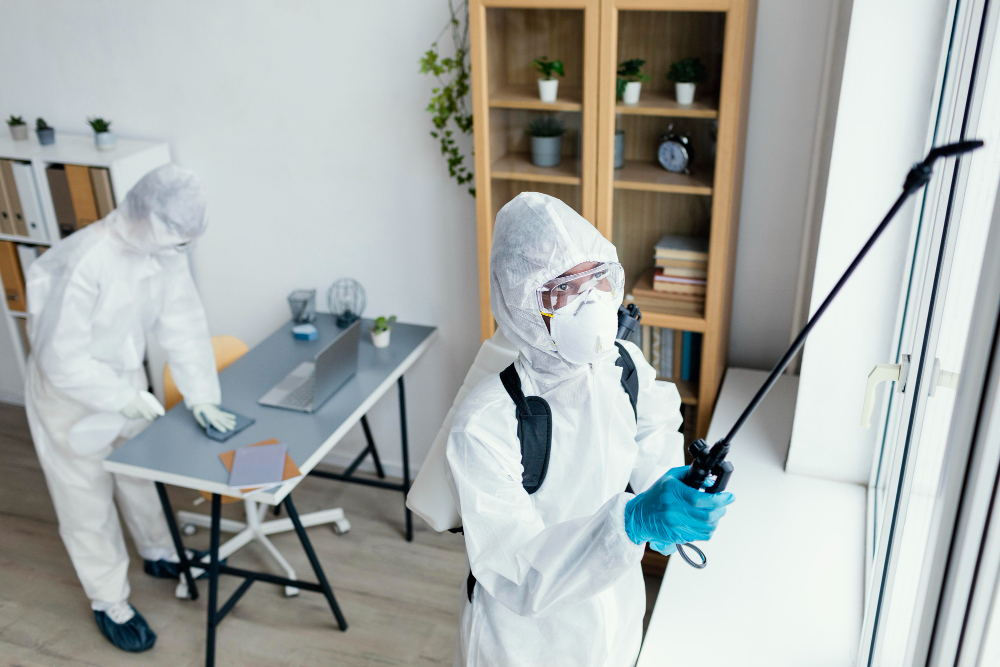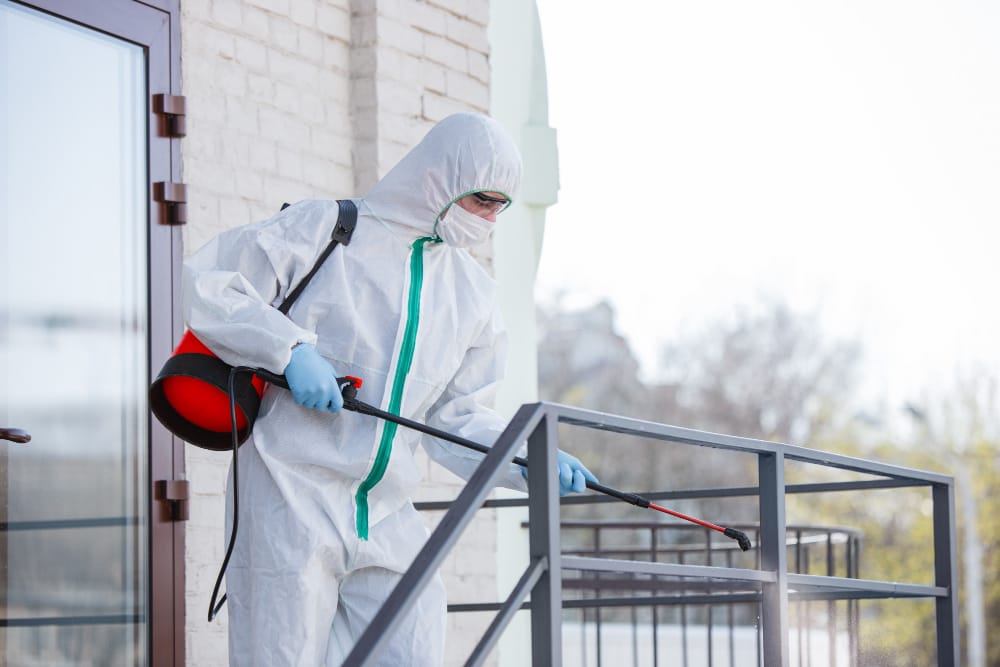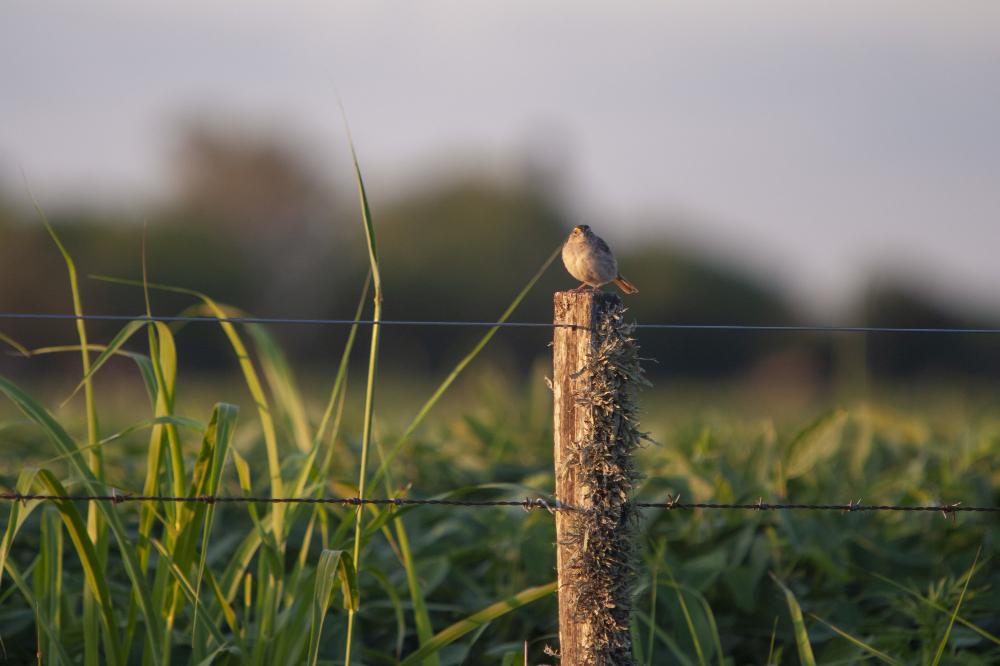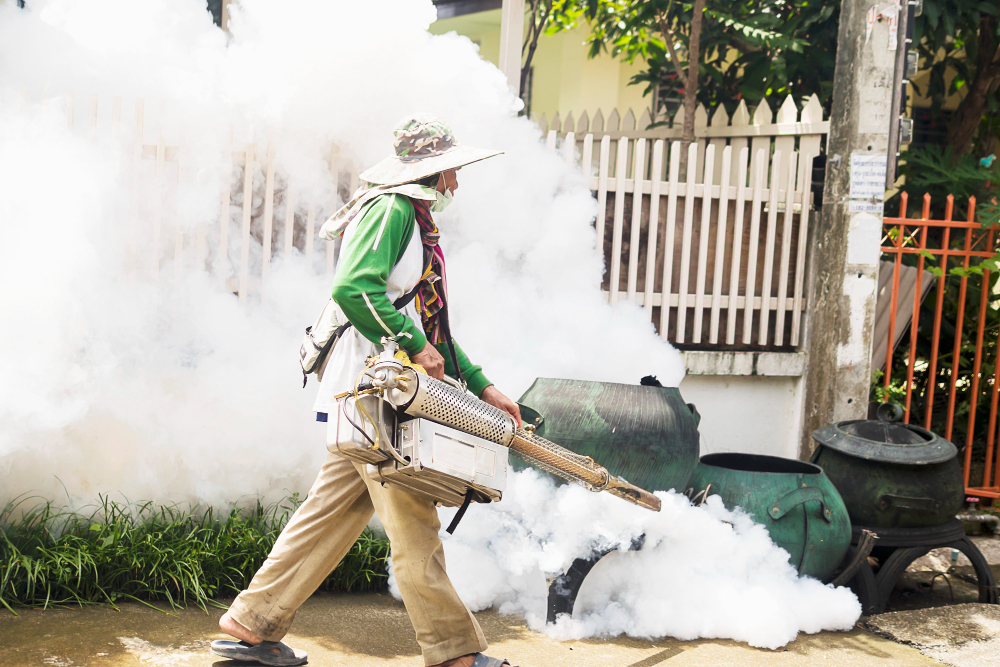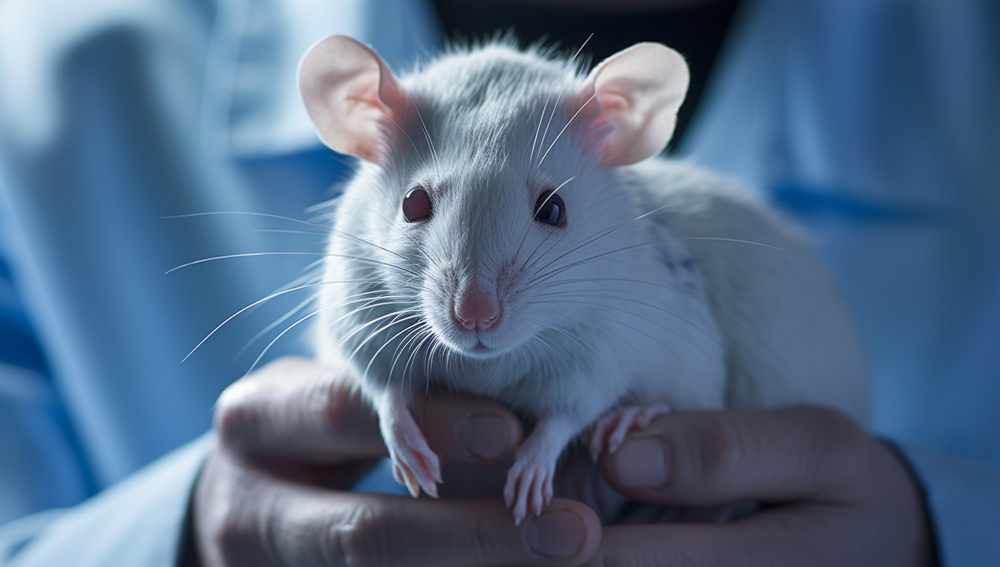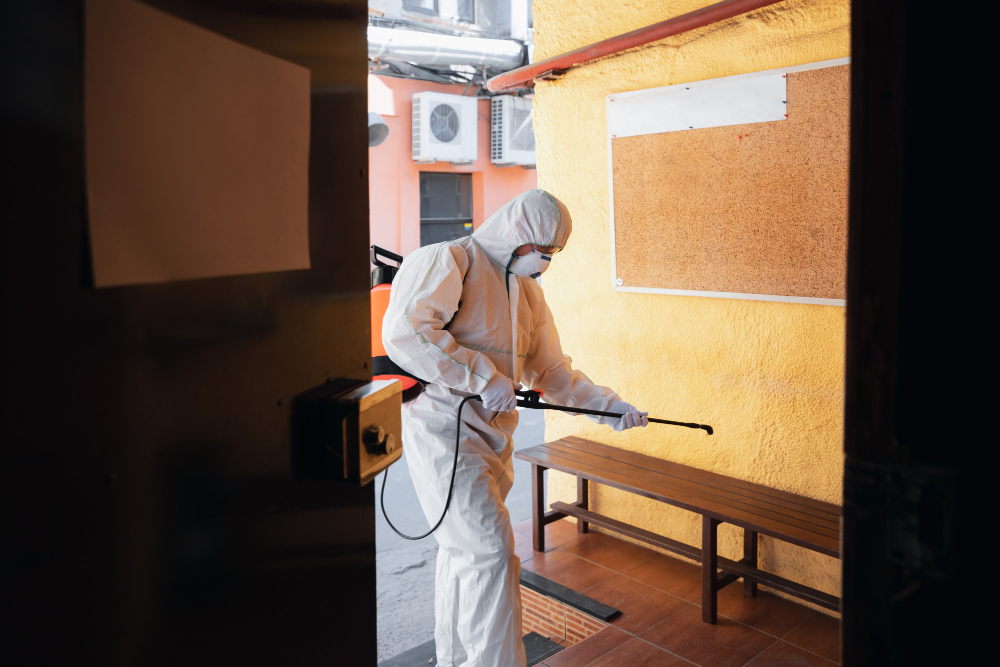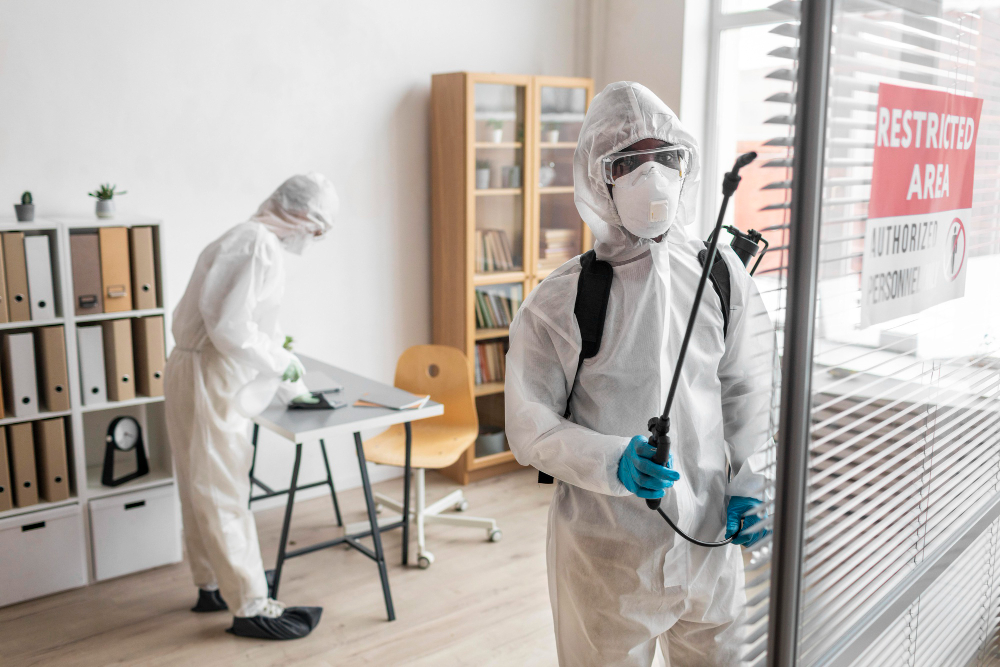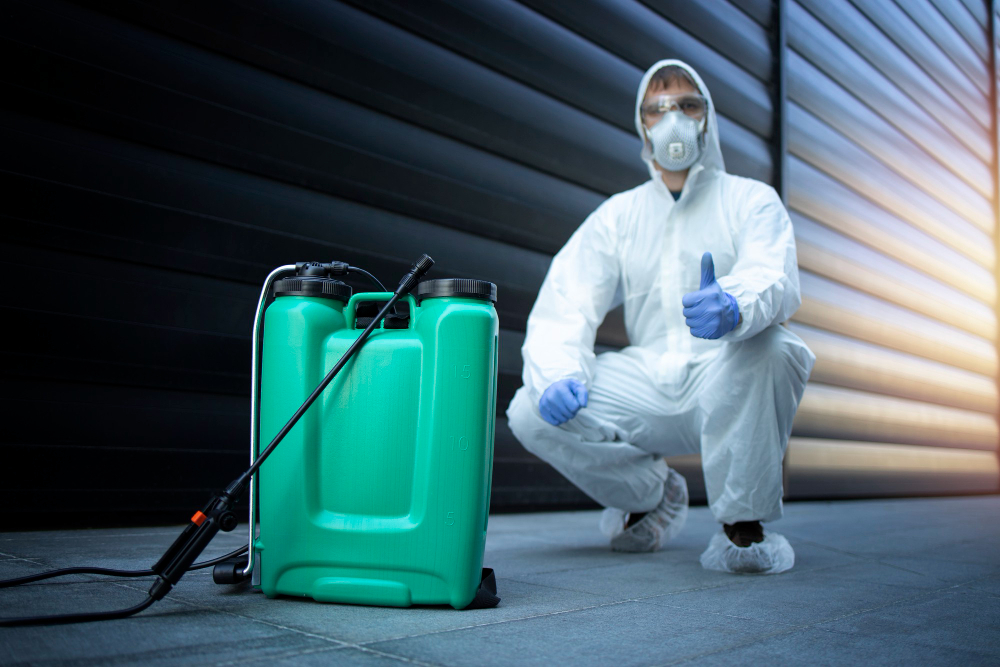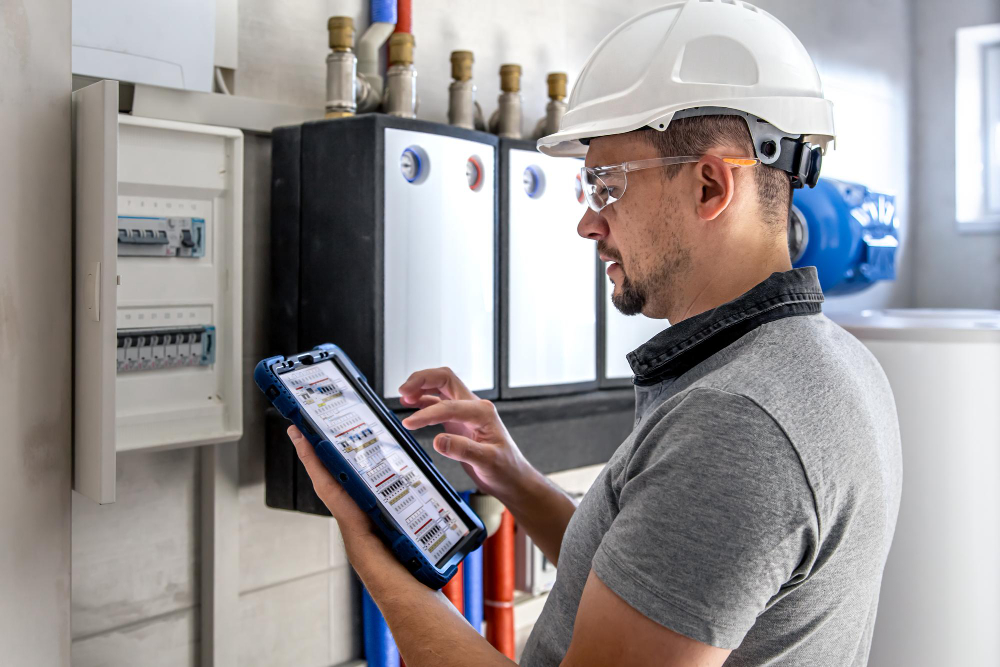Pest control is the practice of managing and eliminating pests, which are unwanted
organisms that can negatively impact human health, property, and the environment. Pests
include insects, rodents, birds, and other organisms that can cause damage, spread
diseases, and create nuisance. Pest control services aim to prevent and manage pest
infestations through various methods and strategies.
